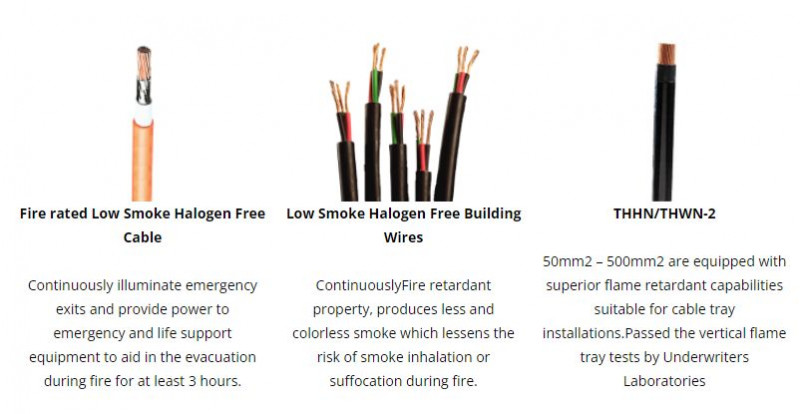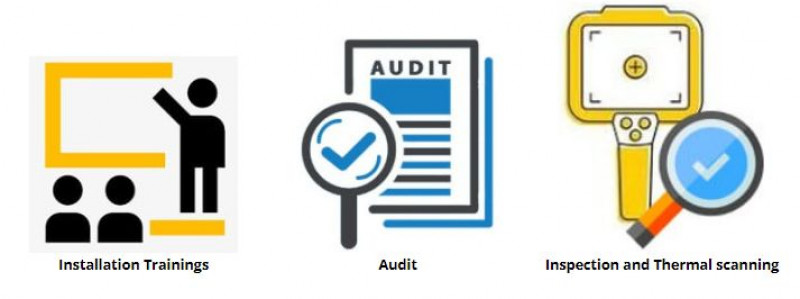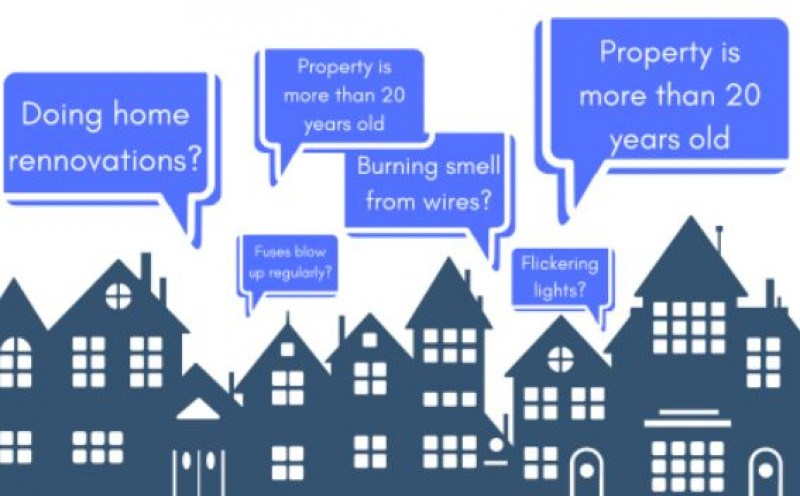-
Philippines
Copyright © 2026 Powered by BCI Media Group Pty Ltd
Confirm Submission
Are you sure want to adding all Products to your Library?
Contact Detail
21 Apr 2022 by Phelps Dodge Philippines

In a radio interview, BFP spokesperson Supt. Annalee Carbajal-Atienza said a total of 2,103 fire incidents were recorded in January and February, an increase of 12.9 percent from only 1,863 incidents in the same period in 2021.
Electrical safety is not just about simple precautionary measures, understanding the cause and root is integral in stopping the continuous damage it produces. The major causes of Fire Incidents in the Philippines are:
Faulty Electrical Connections / Electrical Overloading
The usual causes of Fires due to electrical faults are Old Wiring, Improper Connections, and Poor/Damaged Wire Quality. Electrical Overloading occurs when the current being passed through the wires exceed the capacity limit the wires can handle; this can heat up the wires and melt, leading to fire.
Unattended Cooking / Candles
Never leave an open stove or lit candle unattended. Unlike other causes, unattended cooking/candles involves the presence of active fire. Leaving it unattended can lead to serious accidents. Cooking is usually associated with Gas. We know that Fire and Gas, if not controlled properly, is not a good
Cigarette Butts
Dispose your cigarette butts properly. Make sure there is no active ember when you throw it in the trash. Most of our trash cans are made up of plastic and paper, which are both flammable. Another solution to this is to quit smoking entirely.
Flammable Chemicals
Solvents, cleaning agents, thinners, adhesives, paints and other liquids can ignite and explode if not stored properly. Make sure to always store flammable liquids in their approved containers. Seal them properly and place them in the proper location with the moderate temperature indicated in its packaging.
Electrical Connections and Electrical Faults have been the top cause of fires in Metro Manila with an average of 53.85% of the total number of fires yearly. What are the general causes of Electrical fires?
Use of substandard materials
Wrong Installation Practices
Malpractice in actual use
Improper maintenance Practices
As your partner in electrical safety, Phelps Dodge ensures that you meet the fire performance requirements of any project such as:
Flame retardance (ability of the wire / cable to function in the presence of fire)
Flame propagation (ability of the wire / cable to minimize the spread of fire)
Volume of smoke generated (the amount of smoke the wire produces in the presence of fire)
Volume and rate of corrosive and toxic gases. (if there are hazardous chemicals used in the wire / cable – Phelps Dodge THHN/THWN-2 Wires are lead free!)
Phelps Dodge remains as the leading local manufacturer of fire performance wires and cables in the Philippines, these fire performance innovations include:

INFERIOR QUALITY WIRES:
X Low to No Fire retardant property
X Inconsistent Insulation capabilities
X Brittle
X POOR INSTALLATION

We at Phelps Dodge help engineers in their professional performance to advocate outstanding installation practices by providing them with:
We are with you in changing the way people act and respond when it comes to safety. Let’s push the boundaries of Fire Safety practice in the Philippines.
Are you in the point of thinking or considering when you should rewire your home? Here are some questions for you to answer and decide whether or not it’s time for you to rewire your home.

If your answer is YES to most of these questions, then it’s time to check your wiring and cables systems to prevent accidents that will surely endanger you and damage your property.
To ensure a more durable, safe, and happy home, always choose electrical wires and cables that conform to both local and international standards that offer high quality and performance that stands the test of time. Choose Phelps Dodge Wires and Cables, Your partner in Creating a Safer Tomorrow.
Want to know more? Send us a message and get in touch with our sales specialists!
Reference: https://www.pna.gov.ph/articles/1168780 https://sites.google.com/site/bfpregion13/fire-safety/most-common-causes-of-fire



